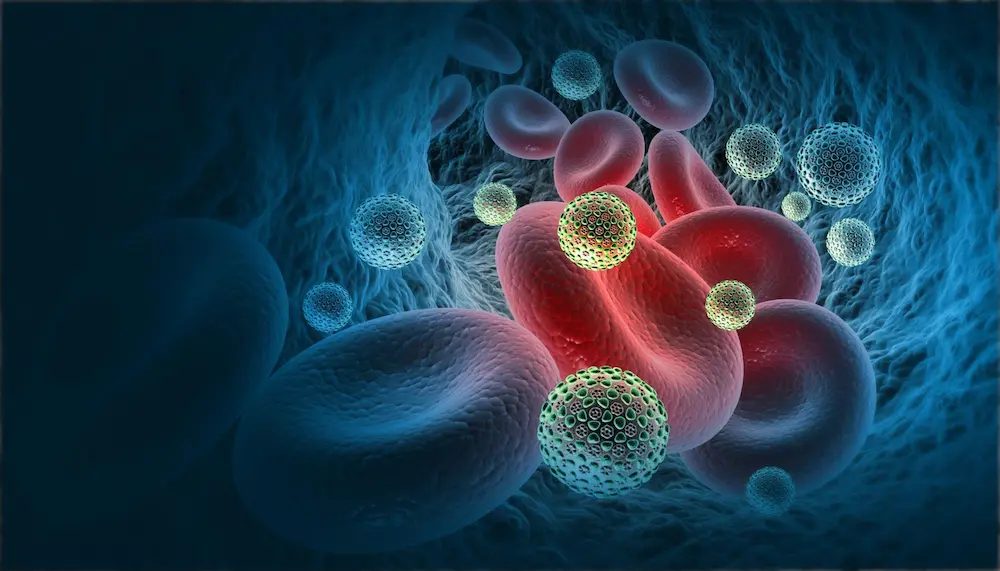When you consume alcohol, it goes on a fascinating journey through your body. From the moment you take your first sip to the time it’s eliminated from your system, several intricate processes take place. But who exactly has the primary responsibility for eliminating alcohol from the bloodstream? Let’s delve into the science behind alcohol metabolism and understand how our bodies process this popular beverage.
How Does the Body Process Alcohol?
When you consume alcohol, it enters your body through your mouth, and from there, it embarks on a fascinating journey through your system. Unlike the food you eat, alcohol doesn’t require digestion. Instead, it’s quickly absorbed into your bloodstream through the walls of your stomach and the small intestine.
The liver plays a crucial role in alcohol metabolism, as it is the primary organ responsible for breaking down and eliminating alcohol from your body. This process occurs in two main steps.
Alcohol is metabolised by specific enzymes in the liver. The primary enzyme responsible for breaking down alcohol is alcohol dehydrogenase (ADH). ADH converts alcohol into acetaldehyde, further broken down into acetic acid by another enzyme called aldehyde dehydrogenase.
The speed at which your body eliminates alcohol depends on several factors, including weight, age, and overall health. Generally, a person with a higher body weight has a faster alcohol metabolism than someone with a lower body weight.
Staying hydrated can aid in alcohol elimination. Alcohol is dehydrating, and dehydration can slow down the metabolism of alcohol in your body. Drinking water between alcoholic beverages can help maintain hydration levels.
On average, your body eliminates alcohol at about 0.015% blood alcohol concentration (BAC) per hour. This means that if your BAC is 0.08% (the legal limit in many places), it would take about 5.5 hours to eliminate all the alcohol from your system.
Consuming food while drinking alcohol can slow down its absorption, making it easier for the body to eliminate alcohol. A meal can also help mitigate the effects of alcohol and reduce its impact.
Interestingly, gender can also affect the elimination of alcohol. Women tend to metabolise alcohol slower than men due to differences in body composition and enzyme levels.
For individuals who consume alcohol regularly, the body may become more efficient at metabolising it. However, chronic drinking can have detrimental effects on the liver and other organs, leading to long-term health issues.
The Liver’s Role in Alcohol Metabolism
The liver plays a pivotal role in alcohol metabolism. It acts as the primary organ responsible for breaking down and eliminating alcohol from the body. This process occurs in two main steps.
Enzymes Involved in Alcohol Elimination
Alcohol is metabolised by specific enzymes in the liver. The primary enzyme responsible for breaking down alcohol is alcohol dehydrogenase (ADH). ADH converts alcohol into acetaldehyde, further broken down into acetic acid by another enzyme called aldehyde dehydrogenase (ALDH).
Factors Affecting Alcohol Elimination
The speed at which your body eliminates alcohol depends on several factors, including weight, age, and overall health. Generally, a person with a higher body weight has a faster alcohol metabolism than someone with a lower body weight.
Hydration and Alcohol Elimination
Staying hydrated can aid in alcohol elimination. Alcohol is dehydrating, and dehydration can slow down the metabolism of alcohol in your body. Drinking water between alcoholic beverages can help maintain hydration levels.
Time Frame for Alcohol Elimination
On average, your body eliminates alcohol at about 0.015% blood alcohol concentration (BAC) per hour. This means that if your BAC is 0.08% (the legal limit in many places), it would take about 5.5 hours to eliminate all the alcohol from your system.
The Role of Food in Alcohol Metabolism
Consuming food while drinking alcohol can slow down its absorption, making it easier for the body to eliminate alcohol. A meal can also help mitigate the effects of alcohol and reduce its impact.
Impact of Gender on Alcohol Elimination
Interestingly, gender can also affect the elimination of alcohol. Women tend to metabolise alcohol slower than men due to differences in body composition and enzyme levels.
Alcohol Elimination in Chronic Drinkers
For individuals who consume alcohol regularly, the body may become more efficient at metabolising it. However, chronic drinking can have detrimental effects on the liver and other organs, leading to long-term health issues.
Myth Busting: Quick Alcohol Elimination Methods
Various myths and misconceptions exist about speeding up the elimination of alcohol, from drinking coffee to taking cold showers. It’s important to note that these methods are not scientifically proven and can even be dangerous.
Conclusion
In conclusion, the liver plays the primary role in eliminating alcohol from the bloodstream. Alcohol metabolism involves the action of enzymes like ADH and ALDH, and various factors, such as hydration, food intake, and gender, influence how quickly your body removes alcohol. It’s crucial to understand the science behind alcohol metabolism and make responsible choices when consuming alcoholic beverages.
FAQs on Alcohol Elimination
Let’s address some common questions related to alcohol elimination.
FAQ 1: Can drinking water help eliminate alcohol faster?
Drinking water can help maintain hydration levels, which may aid in alcohol elimination, but it won’t significantly speed up the process.
FAQ 2: Does age affect how quickly alcohol is removed from the body?
Yes, age can influence alcohol metabolism. As you get older, your metabolism tends to slow down, affecting how quickly alcohol is eliminated.
FAQ 3: Can certain foods speed up the alcohol elimination process?
Eating while drinking can slow down alcohol absorption, but no specific foods can dramatically speed up the elimination process.
FAQ 4: Why do some people metabolise alcohol more slowly than others?
Individual factors, including genetics and enzyme levels, can influence how quickly different people metabolise alcohol.
FAQ 5: How long does it take for a standard drink to leave the system?
The time it takes for a standard drink to leave your system varies depending on your weight, metabolism, and overall health. On average, it can take several hours for alcohol to be eliminated from the body.




